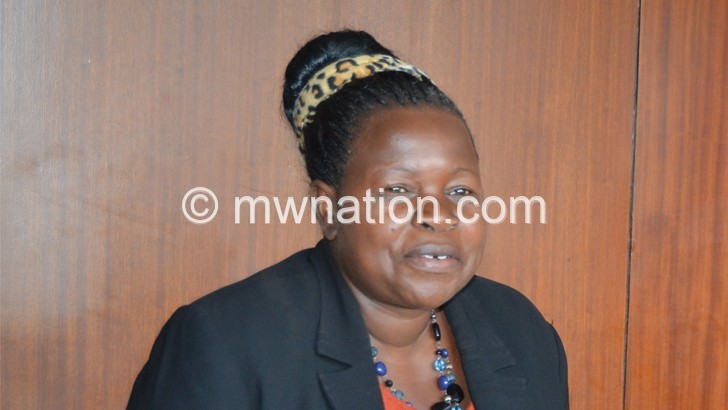Corruption worsens in Malawi
Malawi is on the verge of losing potential investors if it does not step up its efforts in fighting corruption, an expert has warned.
The warning comes in the wake of the release of the 2017 Corruption Perception Index (CPI) by Transparency International yesterday, which shows that the country has moved down two places from 120 in 2016 to 122 in 2017.
However, despite the drop, Malawi has maintained the score of 31 for three consecutive years. It was ranked 112 in 2015.
University of Malawi’s Chancellor College-based economist Ben Kalua said in an interview such stagnation and drop on the index has potential to scare away investors.

Said Kalua: “Profiles are there and we are more visible than we were before so if we drop further, that already signals to investors that Malawi is not a good country to invest in. That is not good for us.”
Announcing the CPI at a press briefing in Lilongwe yesterday, Integrity Platform (IP), a local organisation affiliated to Transparency International (TI), expressed concern over Malawi’s stagnation in corruption.
Said IP country manager Jeffrey Kabondo: “The situation smacks of laxity among stakeholders in fightingt corruption. It has a direct correlation between corruption levels and the freedom with which civil organisations are able to operate and influence public policy. Most countries that score low for civil liberties also tend to score high for corruption.”
He observed that there is need to explain the discrepancy between what the country has invested to fight corruption and the outcome.
But Anti-Corruption Bureau (ACB) spokesperson Egrita Ndala says the bureau is doing its best in fighting graft, which needs collective effort.
“As a country we still have a lot of work to do. If you look at the perception, it is saying it is directly related to other factors like rule of law, civil society, press freedom and citizen, among others, which means there are various players that need to take part that can help in getting a rating perception that is better. So we all need to play our roles,” she said.
In a separate interview, Minister of Information and Communications Technology Nicholas Dausi who is also government spokesperson, said the fact that Malawi has maintained the same score gives hope that the fight can be won.
He said: “Let’s not be negative. The fight against corruption can’t be won over night. We have managed to slow down corruption over the past three years and it means that with a little more effort, we will see positive results of our efforts.”
Dausi said the country should celebrate that government has allowed stakeholders such as the media to operate freely in uncovering corrupt acts.
However, outgoing Malawi Law Society president Khumbo Soko warned against such complacency. In an interview yesterday, he argued that unless Malawi takes some radical steps in curbing corruption, the vice will soon “completely overwhelm us.”
He explained: “As a nation, we will never really begin to win the war on corruption unless we are bold enough to follow the evidence of wrong doing wherever it leads us. This requires us to unleash our law enforcement and prosecution agencies so they work without any kind of interference, overt or subtle.”
Soko also urged government to invest adequate resources in law enforcement and prosecution agencies.
Institute for Policy Interaction (IPI) executive director Rafiq Hajat, echoed Soko’s remarks, emphasising that the country is slowly sinking into corruption.
He said: “The perception out there is that we as a nation are sinking into a morass of corruption and therefore, unless we take drastic and very visible steps to cancel this perception, we are going to find ourselves at the bottom of the burrow with no one to help us out of our troubles.”
On the 2017 CPI, Botswana is on position 34, South Africa on 71, Zambia on 96, Tanzania on 103, Mozambique on 153 and Zimbabwe on 157.
Of the 183 countries assed globally, New Zealand is the best performer while the worst is Somalia on 180.
Corruption has cost Malawi dearly in recent years, with the massive plunder of public resources (Cashgate) exposed in 2013, leading donor to pull out direct budgetary aid to government.
Recently, the country failed to qualify for the second compact of the Millennium Challenge Corporation (MCC) due to poor governance and failure to tame corruption.
Governance experts have over the years been lobbying subsequent governments to desist from interfering with the Anti-Corruption Bureau (ACB) to ensure efficiency of the institution in combating corruption.
Appointing powers of the ACB head still rests in the Presidency. n





